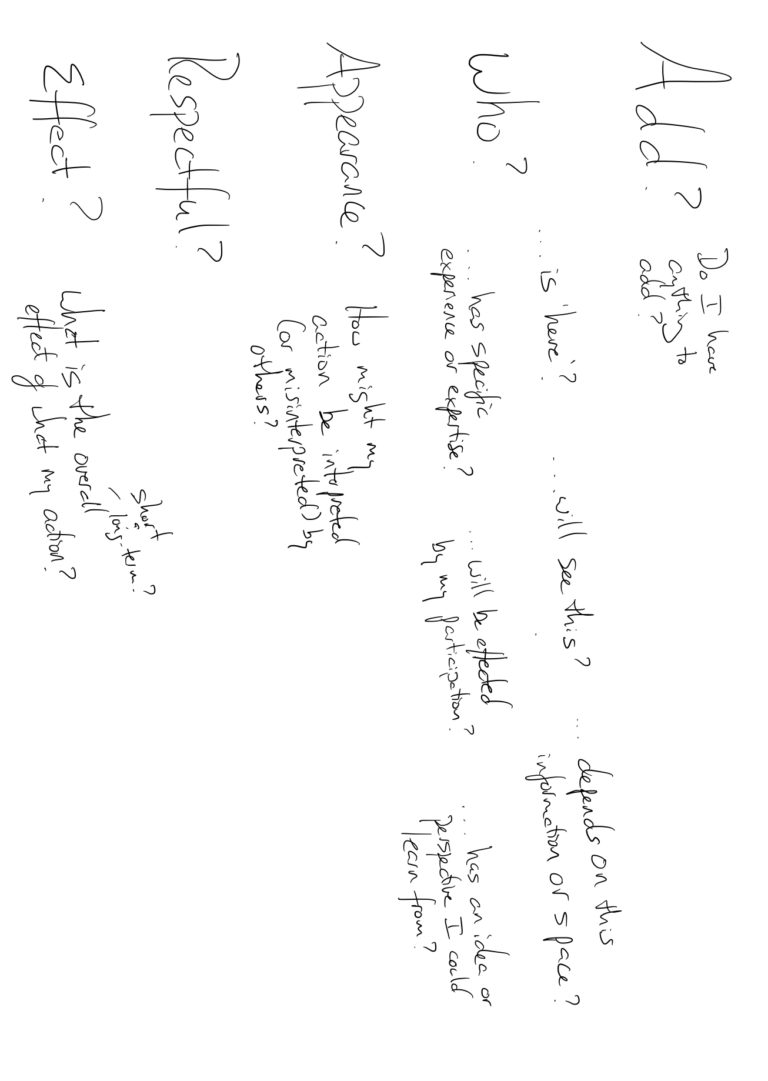100 SAT Vocabulary Words For High School Students
1. Abate: To reduce in intensity or amount.
2. Aberrant: Deviating from the normal or expected course.
3. Abhor: To regard with extreme repugnance or aversion.
4. Abstain: To refrain from doing something voluntarily.
5. Acumen: Keenness and quickness in understanding and dealing with a situation.
6. Adroit: Skillful and adept under challenging conditions.
7. Alleviate: To make suffering, pain, or hardship less severe or intense.
8. Ameliorate: To make something better or improve a situation.
9. Amiable: Having or displaying a friendly and pleasant manner.
10. Anomaly: Something that deviates from what is standard, normal, or expected.
11. Antipathy: A deep-seated feeling of dislike or aversion.
12. Ardent: Enthusiastic, passionate, or intensely devoted.
13. Articulate: Expressing oneself clearly and effectively.
14. Ascertain: To find out or determine something with certainty.
15. Audacious: Willing to take bold risks; showing a lack of respect for convention.
16. Benevolent: Well-meaning and kind-hearted.
17. Bolster: To support, strengthen, or reinforce.
18. Bombastic: High-sounding but with little meaning; inflated.
19. Capricious: Given to sudden and unaccountable changes of mood or behavior.
20. Censure: To express severe disapproval of someone or something.
21. Coalesce: To come together and form one mass or whole.
22. Complacent: Showing smug or uncritical satisfaction with oneself or one’s achievements.
23. Concur: To be of the same opinion; to agree.
24. Conscientious: Wishing to do what is right, especially to do one’s work or duty well.
25. Convoluted: Extremely complex and difficult to follow.
26. Cryptic: Having a meaning that is mysterious or obscure.
27. Debilitate: To make someone weak or infirm.
28. Decry: To publicly denounce or criticize.
29. Defunct: No longer existing or functioning.
30. Diligent: Showing care and conscientiousness in one’s work or duties.
31. Discern: To perceive or recognize something with difficulty.
32. Disparage: To regard or represent as being of little worth.
33. Disperse: To distribute or spread over a wide area.
34. Eccentric: Unconventional and slightly strange.
35. Egregious: Outstandingly bad; shocking.
36. Elucidate: To make something clear or explain in detail.
37. Emulate: To imitate or match the achievements or qualities of another.
38. Enigma: Something that is mysterious, puzzling, or difficult to understand.
39. Ephemeral: Lasting for a very short time; fleeting.
40. Equanimity: Mental calmness, composure, and evenness of temper.
41. Erratic: Not even or regular in pattern or movement; unpredictable.
42. Exacerbate: To make a problem, situation, or feeling worse.
43. Exemplary: Serving as a desirable model; representing the best of its kind.
44. Extol: To praise enthusiastically.
45. Fastidious: Very attentive to and concerned about accuracy and detail.
46. Fortuitous: Happening by chance or accident rather than design.
47. Frivolous: Not having any serious purpose or value.
48. Gregarious: Fond of the company of others; sociable.
49. Hackneyed: Lacking significance through
having been overused; unoriginal and trite.
50. Hapless: Unfortunate or unlucky.
51. Haughty: Arrogantly superior and disdainful.
52. Hedonist: A person who believes that pleasure is the chief good in life.
53. Idiosyncrasy: A distinctive or peculiar feature or characteristic of a person or thing.
54. Impede: To delay or prevent someone or something by obstructing or hindering them.
55. Incessant: Continuing without interruption; unceasing.
56. Indolent: Wanting to avoid activity or exertion; lazy.
57. Inept: Having or showing no skill; clumsy.
58. Inevitable: Certain to happen; unavoidable.
59. Infamous: Well-known for some bad quality or deed.
60. Innuendo: An indirect or subtle suggestion, hint, or implication.
61. Insidious: Proceeding in a gradual, subtle way, but with harmful effects.
62. Intrepid: Fearless, adventurous, or brave.
63. Jubilant: Feeling or expressing great joy and triumph.
64. Laudable: Deserving praise and commendation.
65. Lethargic: Sluggish and lacking energy; apathetic.
66. Loquacious: Tending to talk a great deal; talkative.
67. Magnanimous: Very generous or forgiving, especially toward a rival or someone less powerful.
68. Malevolent: Having or showing a wish to do evil to others.
69. Maverick: An unorthodox or independent-minded person.
70. Mitigate: To make less severe, serious, or painful.
71. Nefarious: Wicked, evil, or criminal in nature.
72. Notorious: Widely and unfavorably known or talked about.
73. Novice: A person who is new to or inexperienced in a field or situation.
74. Obstinate: Stubbornly refusing to change one’s opinion or chosen course of action.
75. Ominous: Giving the impression that something bad or unpleasant is going to happen.
76. Paradox: A statement or proposition that seems self-contradictory or absurd but may be true.
77. Perfidious: Deceitful and untrustworthy.
78. Pervasive: Spreading widely throughout an area or group of people.
79. Plausible: Seeming reasonable or probable.
80. Pragmatic: Dealing with things sensibly and realistically.
81. Prolific: Producing many works, results, or offspring.
82. Prosaic: Lacking poetic beauty; commonplace or dull.
83. Prudent: Acting with or showing care and thought for the future.
84. Quandary: A state of uncertainty or perplexity.
85. Rancor: Bitterness or resentfulness, especially when long-standing.
86. Reclusive: Avoiding the company of other people; solitary.
87. Relegate: Consign or dismiss to an inferior rank or position.
88. Repudiate: Refuse to accept or be associated with; deny the truth or validity of.
89. Resilient: Able to withstand or recover quickly from difficult conditions.
90. Reticent: Not revealing one’s thoughts or feelings readily; reserved.
91. Scrutinize: To examine or inspect closely and thoroughly.
92. Serene: Calm, peaceful, and untroubled.
93. Sporadic: Occurring at irregular intervals or only in a few places.
94. Stoic: A person who can endure pain or hardship without showing their feelings or complaining.
95. Subtle: Delicate or precise, and therefore not easy to notice or understand.
96. Superfluous: Unnecessary, especially through being more than enough.
97. Tenacious: Tending to keep a firm hold of something; clinging or adhering closely.
98. Tenuous: Very weak or slight; insubstantial.
99. Transient: Lasting only for a short time; temporary.
100. Vindicate: To clear someone of blame or suspicion; to justify or prove right.




